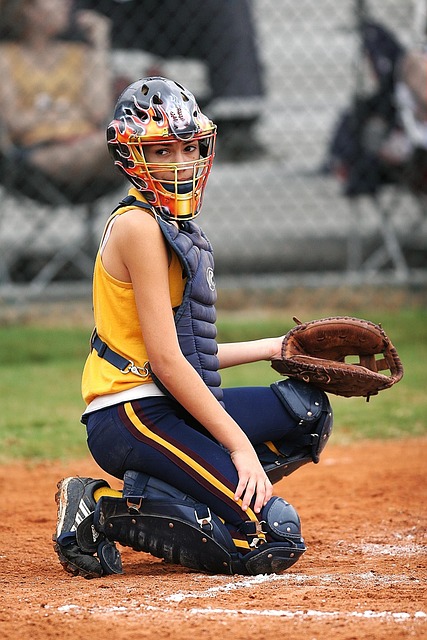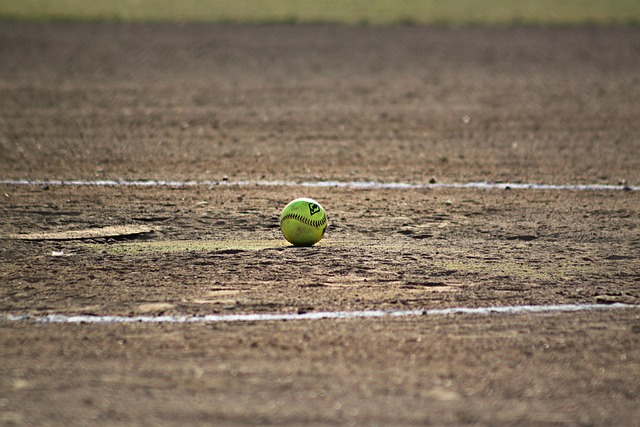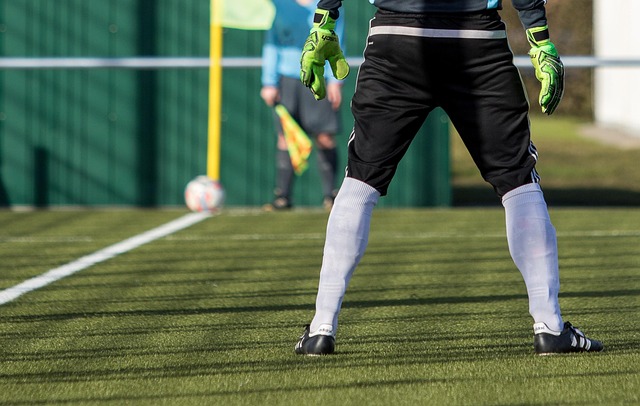The scouting process for women's college softball is a strategic, multi-faceted approach that goes beyond athletic talent. Coaches and recruiters utilize various methods, including live games, data analysis, and interviews, to evaluate athletes' skills, academic qualifications, and intangibles like leadership and team mentality. By carefully navigating tournaments, practices, and competitive settings, they uncover hidden gems capable of contributing significantly to team success, shaping the future of college softball across the nation.
“Uncover the secrets behind the scouting process in Ducks softball, a crucial aspect of recruiting for women’s college teams. This comprehensive guide delves into the art of identifying top talent, focusing on ‘Understanding the Scouting Process for Women’s College Softball.’ From key components to the roles of coaches and recruiters, learn how this intricate journey shapes the future of collegiate athletics. Discover effective strategies to stay ahead in the competitive world of women’s college softball recruitment.”
- Understanding the Scouting Process for Women's College Softball
- Key Components of an Effective Scouting Strategy
- The Role of Coaches and Recruiters in the Scouting Journey
Understanding the Scouting Process for Women's College Softball

The scouting process in women’s college softball is a meticulous and strategic art, aimed at identifying top athletic and academic talent across the country. It involves a dedicated team of coaches and recruiters who meticulously evaluate potential recruits through various methods. This includes attending high school games, reviewing player statistics and performance data, conducting interviews, and assessing each prospect’s overall fit within the university’s program.
The process is designed to unearth not just exceptional athletes but also students who align with the institution’s academic standards and cultural values. Coaches look for well-rounded individuals who can contribute positively to team dynamics and campus life. By combining athletic prowess with intellectual curiosity, women’s college softball programs strive to build a diverse and powerful squad capable of competing at the highest level.
Key Components of an Effective Scouting Strategy

The scouting process in women’s college softball is a multifaceted strategy that involves careful observation, data analysis, and a deep understanding of player potential. Effective scouting isn’t just about identifying talented athletes; it’s about unearthing hidden gems who can contribute significantly to a team’s success. Key components include comprehensive skill evaluation, where scouts assess throwing, hitting, fielding, and baserunning abilities, often during live games or practice sessions. This involves breaking down each player’s technique, identifying strengths, and pinpointing areas for improvement.
Additionally, scouting encompasses the analysis of intangibles like leadership, team mentality, and adaptability. Observing players in different competitive settings allows scouts to gauge how they handle pressure, interact with coaches and teammates, and respond to victory or defeat. In the women’s college softball landscape, where competition is fierce, these intangible aspects can set apart exceptional players who not only excel on the field but also contribute to a positive team culture off it.
The Role of Coaches and Recruiters in the Scouting Journey

In the world of women’s college softball, coaches and recruiters play a pivotal role in identifying and nurturing talent, shaping the future of teams across the nation. These individuals are the eyes and ears on the ground, responsible for scouting prospective players and evaluating their skills. They embark on a journey that involves meticulous observation, strategic planning, and effective communication to unearth hidden gems within the softball community.
Coaches and recruiters navigate through bustling tournaments, intense practice sessions, and even informal games to assess a player’s potential. Their expertise lies in recognizing not just athletic prowess but also the mental fortitude and team dynamics that contribute to success in women’s college softball. They foster an environment of growth, providing valuable feedback and guidance to help players enhance their abilities, ultimately shaping the next generation of talented athletes.






